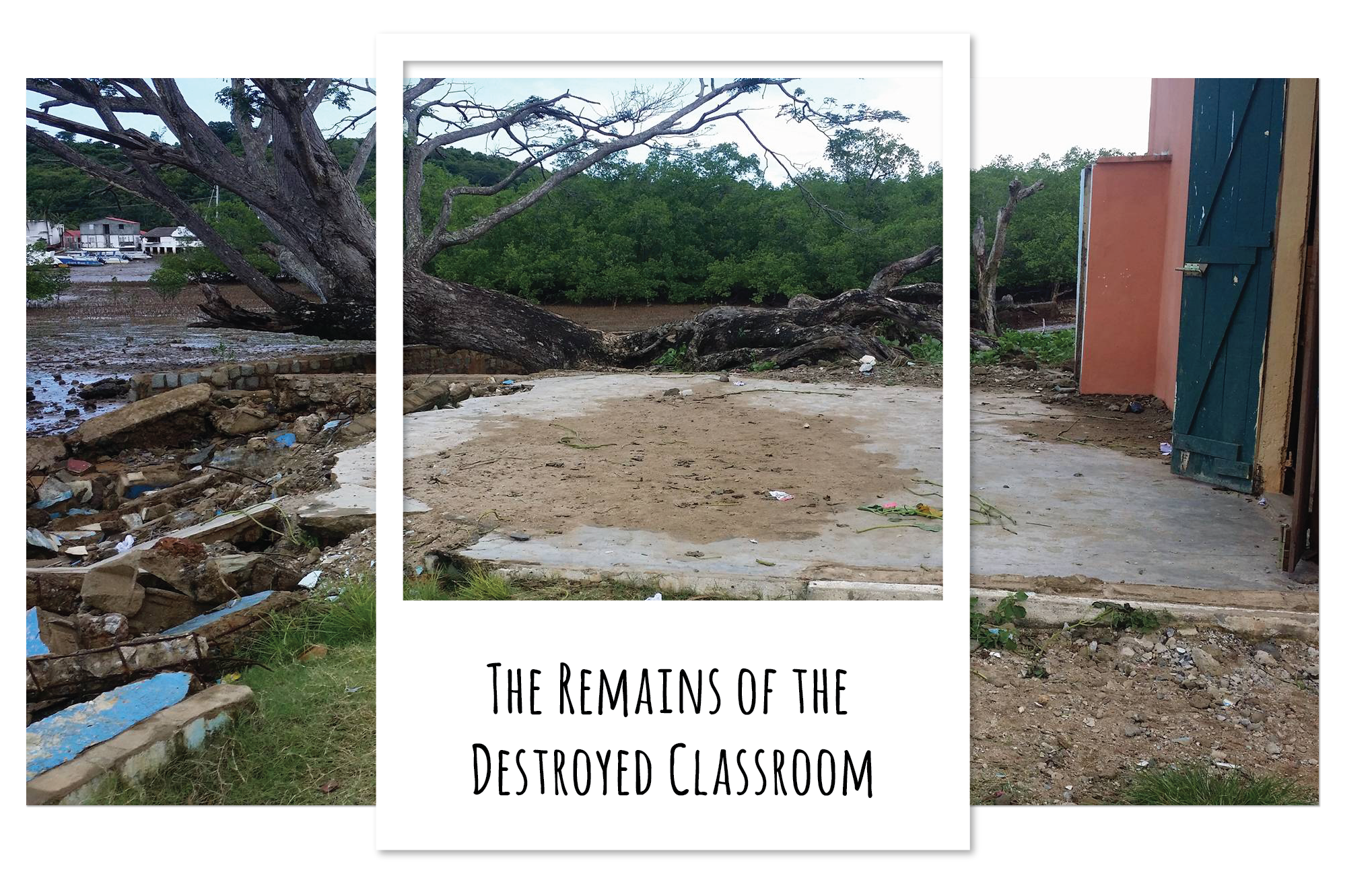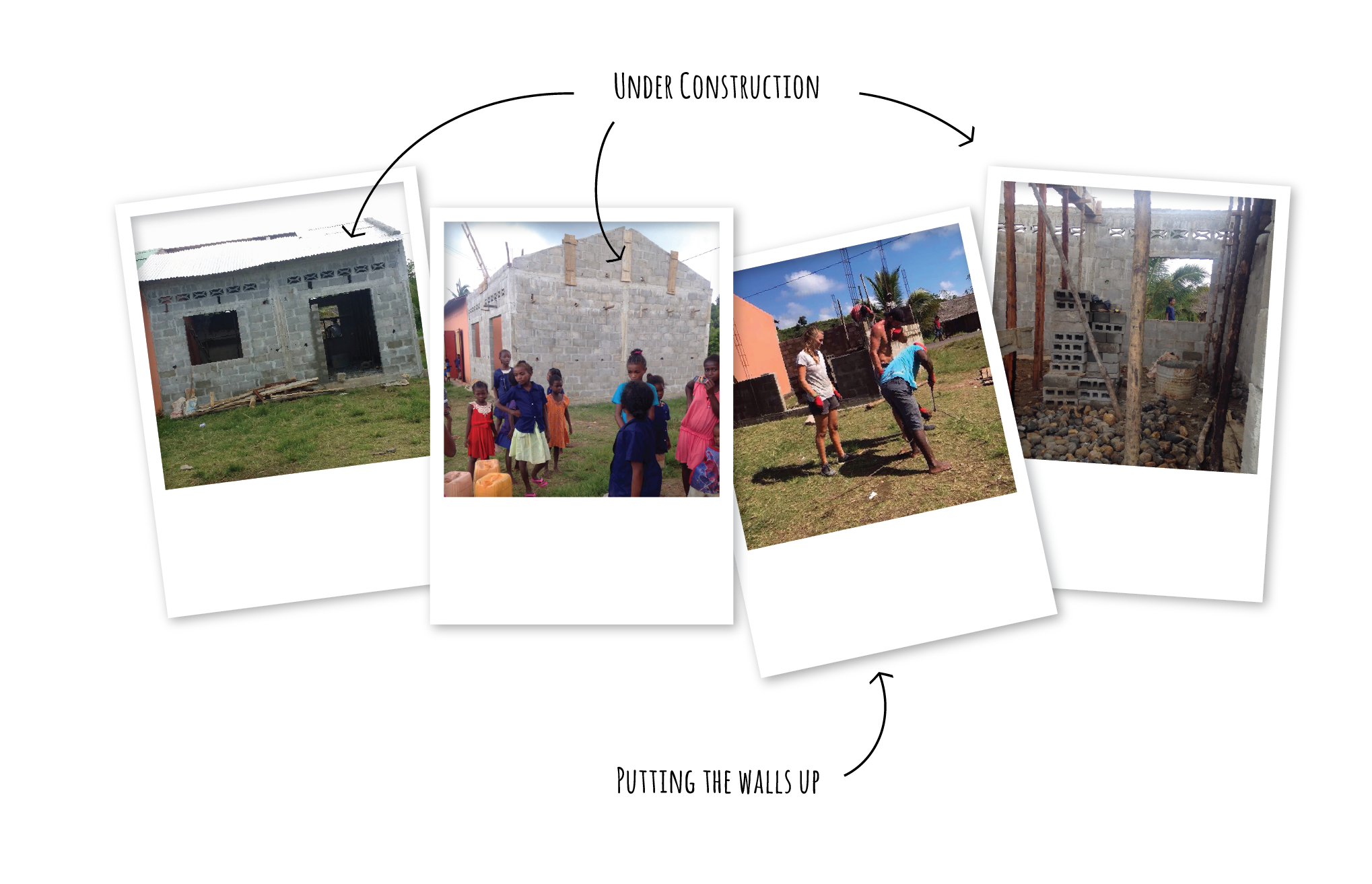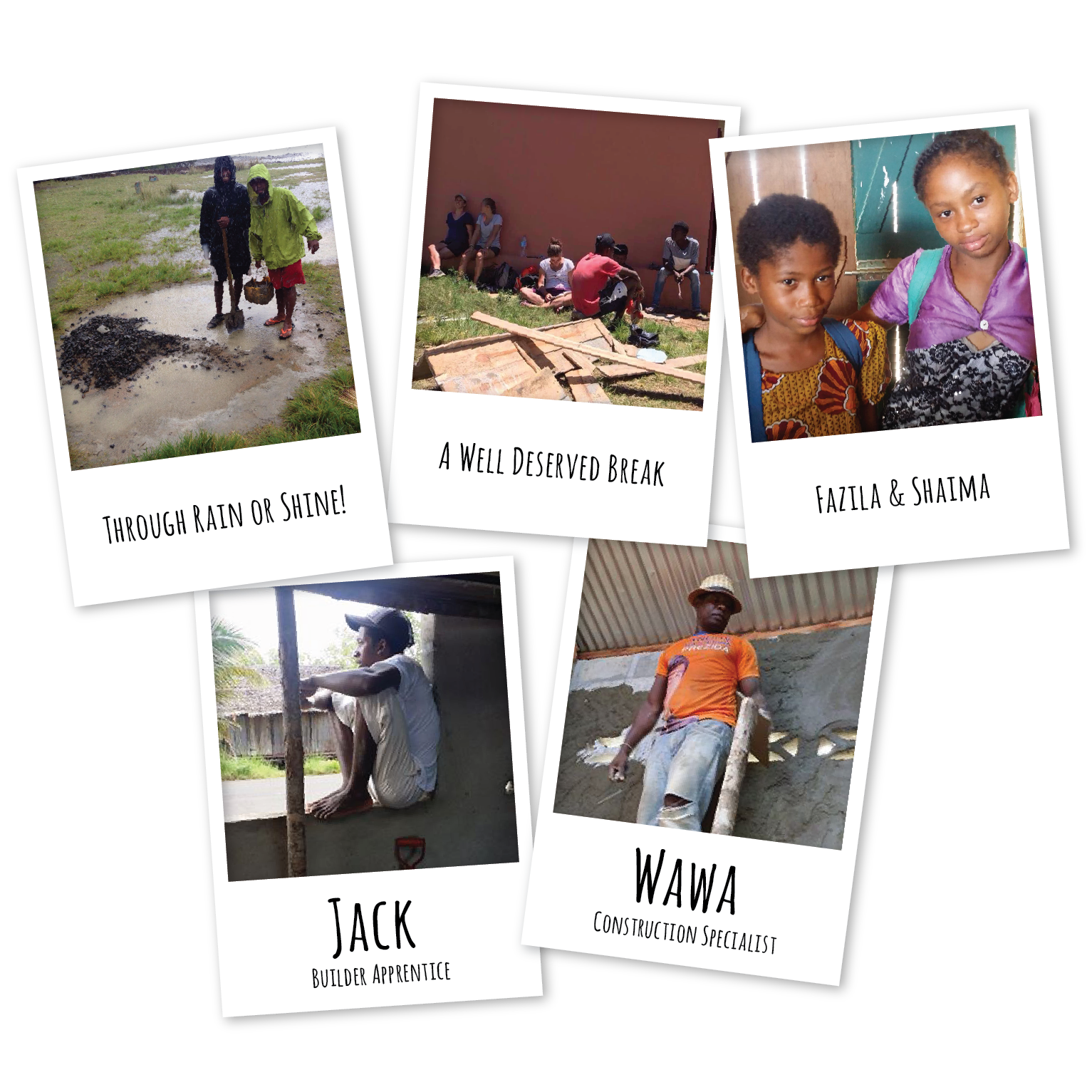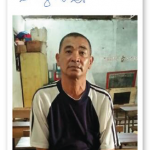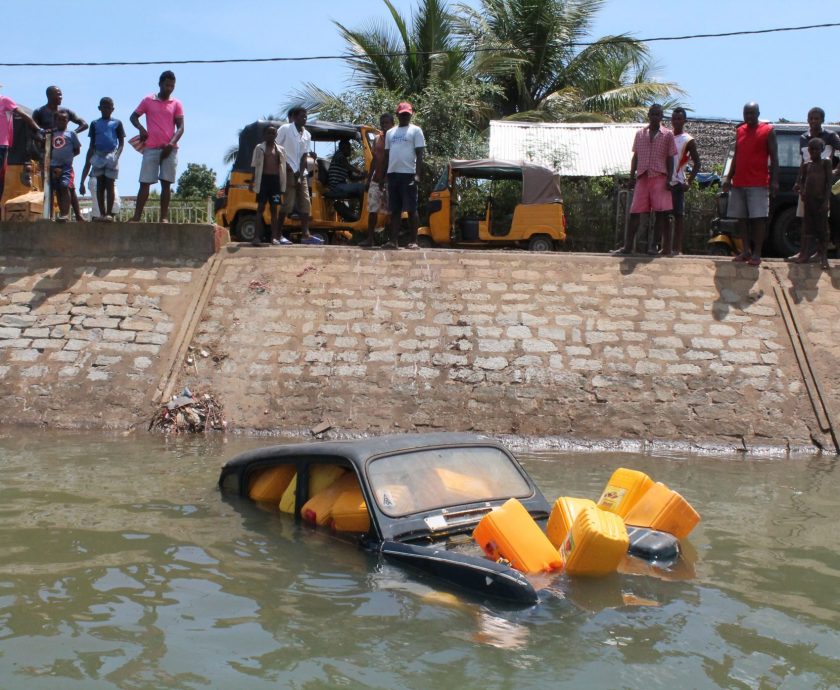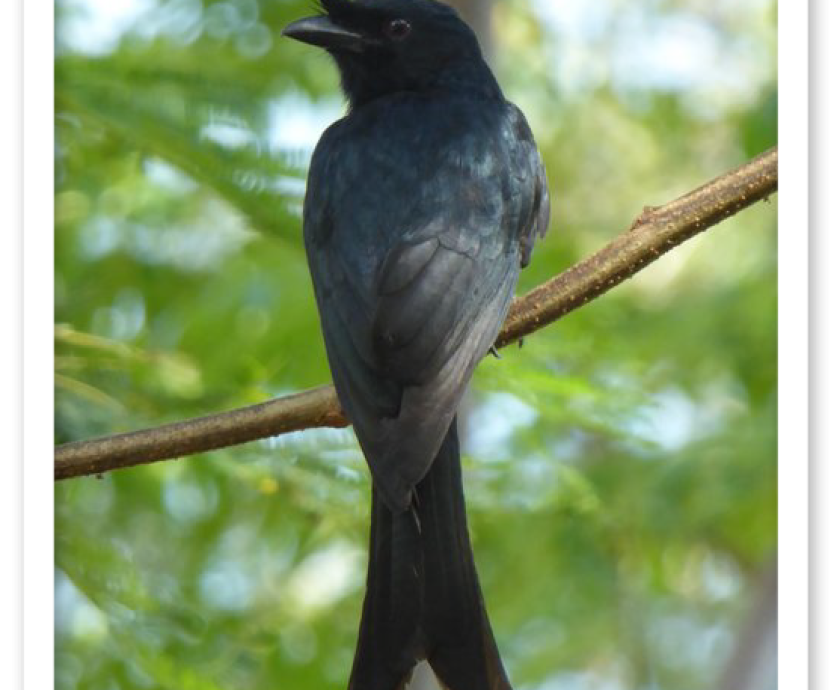Author: Emily Borth
12 February 2018
Cyclone Enawo slammed into the northeast coast of Madagascar on the 7th of March 2017 with the power of a category four hurricane, boasting wind gusts up to 270 kilometers per hour. 1 Situated on the northwestern side of Madagascar, the island of Nosy Be was spared the brunt of the storm’s strength. None the less, winds picked up as the weakened cyclone approached and growing storm swell assaulted the shoreline relentlessly. For the small village of Marodoku on Nosy Be, Cyclone Enawo meant they lost a classroom, decimated by the power of the wind and water.
Before the storm, the tiny campus of EPP Ambanoro in Marodoku village consisted of four classrooms used to teach around 200 children who range in age from 3 all the way to 14 years old. Losing the classroom meant that two already full classes had to combine into one even larger class. Today with standing room only, the small room bursts at the seams unable to fit enough desks and chairs to seat the students in attendance. And the numbers aren’t the only problem.
The students are at two very different levels in their studies. This is where we meet Fazila and Shaima, two sisters who attend class here. Shaima, the older of the two, excels in her studies and just last week earned student of the week for her hard work and dedication. Despite her more advanced level, she and her sister Fazila now attend the same class with the same lessons. Though she is happy to mentor her sister, for Shaima, many of the lessons are repeats of material she has already mastered.
But not for much longer. Thanks to the hard work and fundraising efforts of Marodoku village, MRCI and our volunteers, construction of a brand-new classroom is almost complete. One MRCI volunteer, Joshua Damen in conjunction with Kimberley College in Australia, raised over $3,900 USD for this project. Back in November, MRCI founder David Bird along with our Community Coordinator Rojo Razafisalama Andofinoana and our Director of Operations Emily Borth, all met with Marodoka Village President, Hassane along with the school’s Head Mistress, Francoise.
Together, we planned out logistics of the new classroom including location and design. We opted to hire a specialist from within the village to oversee construction. Who better to look after the school than one of the parents, Wawa, a 43-year-old life-long resident of Marodoka whose 8-year-old son attends classes there. Today, his assistant Jacks helps paint the newly constructed classroom walls. Jacks hopes to one day become a construction specialist and builder himself. He learns by doing and watches Wawa closely, always eager to jump in on more technical tasks.
Parents check in daily on the progress of the new classroom. Through a translator, the villagers tell us they have never seen a “vazaha” (foreigner) working with the cement and helping with construction. “They are here for holiday, but they are helping build. It sets a good example.” Shaima, for her part, wants to do everything she can to make sure she gets into secondary school. In this region of Madagascar, at around 14 or 15 years old, students take an entrance exam to get accepted into a secondary school in the larger neighboring city of Hellville. She beams with excitement at the prospect of restarting advanced classes.
1. “Strongest cyclone in 13 years hits Madagascar.” AlJazeera.com. Al Jazeera Media Network, 06 Mar. 2017. Accessed 10 Feb. 2018.



